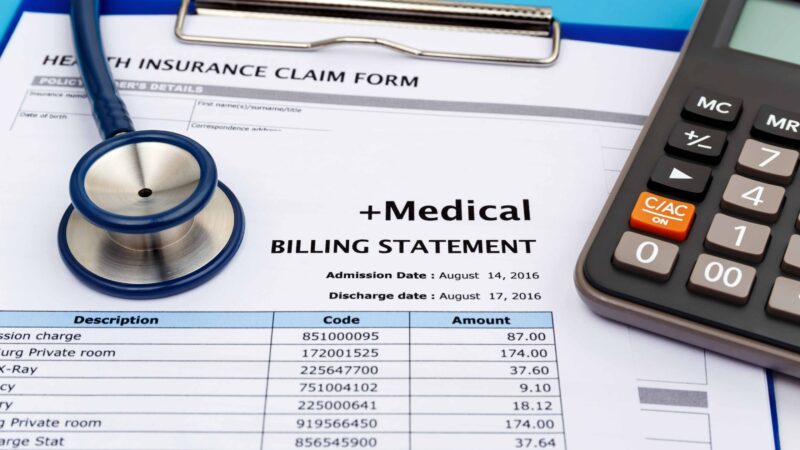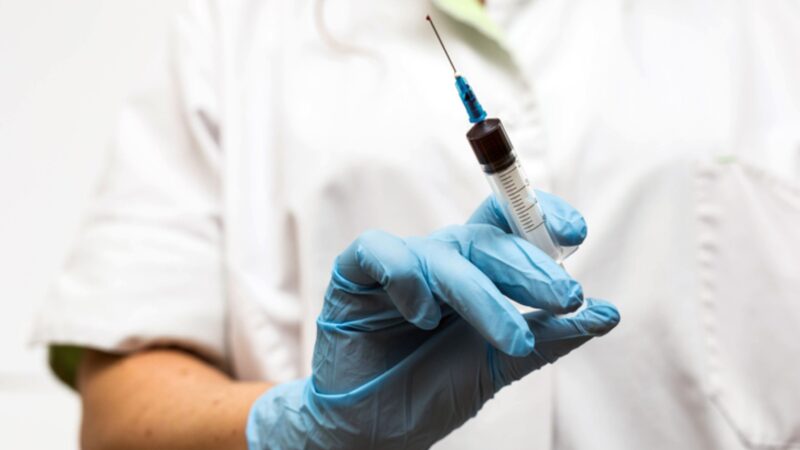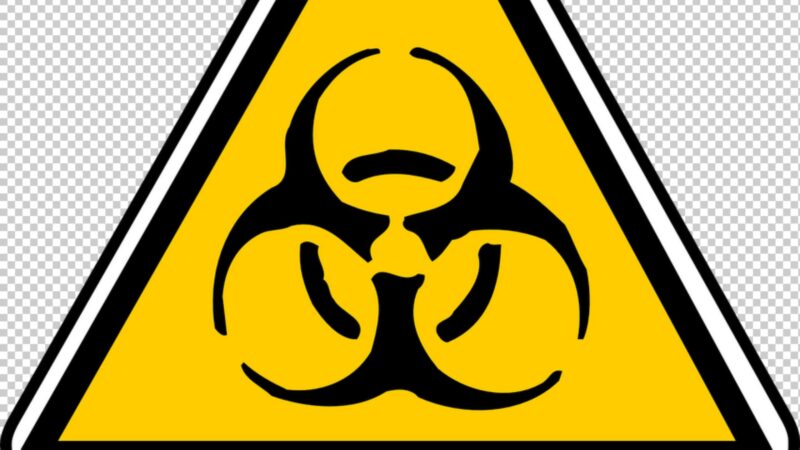How Your Healthcare Clinic Can Better Assist Patients in Recovery
An essential function of medical clinics is to aid patients in their recovery. Clinics can increase the healing process and enhance patient outcomes by implementing plans and aiding customized to patients’ needs. This article will examine several methods your medical clinic can use to help patients recover more effectively.

Personalized Care Plans
Creating individualized care plans is crucial for patients to be helped in their rehabilitation successfully. Every patient has different healthcare requirements and recuperation objectives. Healthcare clinics can individually create care programs by performing extensive examinations and considering health history, lifestyle, and preferences. Individualized care programs should include specific treatment regimens, drug management techniques, chronic care management, therapeutic activities, and lifestyle suggestions. Clinics can better assist patients’ recovery journeys and handle their unique obstacles by developing individualized treatment plans.
Comprehensive Patient Education
Extensive patient education is essential to ensure patients are educated and actively involved in rehabilitation. Clinics for health care should devote enough time and money to educating patients about their conditions, available treatments, and self-care techniques. The rehabilitation process, prospective obstacles, and anticipated milestones can all be explained by clinics through instructional materials, movies, or internet tools. Thanks to this knowledge, patients are more equipped to make wise choices and actively participate in rehabilitation. Clinics can encourage a sense of accountability and cooperation between patients and medical staff by supporting patient education. Additionally, patient education fosters self-efficacy and equips patients to manage their recovery, which improves adherence to treatment regimens and results in excellent health.
Clear Communication and Care Coordination
Efficient care coordination and clear communication are essential for patient recovery. To facilitate smooth information exchange between healthcare professionals, patients, and pertinent support employees, healthcare clinics should create clear lines of communication. Patients should be promptly informed of routine updates, such as progress reports and changes to treatment plans. Collaboration with other medical professionals engaged in the patient’s recovery process, such as professionals, pharmacists, or specialists, is another essential component of efficient care coordination. This interdisciplinary approach guarantees that patients receive a comprehensive and integrated treatment experience, which improves results.
Emotional Support and Counseling Services
For patients, recovery can be a difficult and emotionally taxing process. Clinics offering healthcare services must consider including counseling and emotional support treatments in their patient assistance programs. Access to therapy, support groups, and mental health specialists can aid patients in overcoming their psychological and emotional obstacles to healing. Giving patients emotional support benefits their general health and rehabilitation process. Clinics can better support patients in their quest for maximum health by emphasizing the emotional component of rehabilitation and providing pertinent resources.
Technology-Enabled Support
Utilizing technology can improve the assistance that medical clinics give recovering patients. Implementing mobile apps, telehealth platforms, and systems for remote patient surveillance can provide online consultations, enable continuous patient monitoring, and give patients access to educational materials. Technology solutions can also help with remote therapy exercises, appointments, and medication adherence. Clinics can ensure continuity of treatment and foster patient involvement by using technology to bridge the gap during in-person appointments and give continuing support and assistance to patients during their recovery journey.
Post-Discharge Follow-up
Follow-up care after discharge is essential to a patient’s recovery. Healthcare facilities should set up a method to follow up with patients once released to check on their progress, resolve any issues, and offer additional advice. This can be accomplished through phone conversations, online meetings, or private messaging services. Regular follow-up sessions can be set up to check on patients’ progress, evaluate treatment plans, and make any required revisions. Clinics can spot possible issues early on, give prompt therapies, and provide continuous care by keeping regular touch with patients throughout the post-discharge phase.
Conclusion
In conclusion, medical clinics are essential in helping patients on their road to recovery. Clinics can significantly improve patient recovery experiences and outcomes using personalized treatment plans, offering thorough patient education, and establishing post-discharge follow-up systems. Healthcare clinics can offer the essential support and direction to empower clients on their journey to maximum health and well-being by adopting an approach that emphasizes patients and customizing their services to fit individual requirements.

Deepa Mahar is an independent blogger and admin of DeepAdvices who is exploring the beauty of the blog writing from a variety of subjects and books to health, science and others. She believes the blog would be helpful to the reader in the context of knowledge. She is post-graduated with a degree of Biotechnology.






